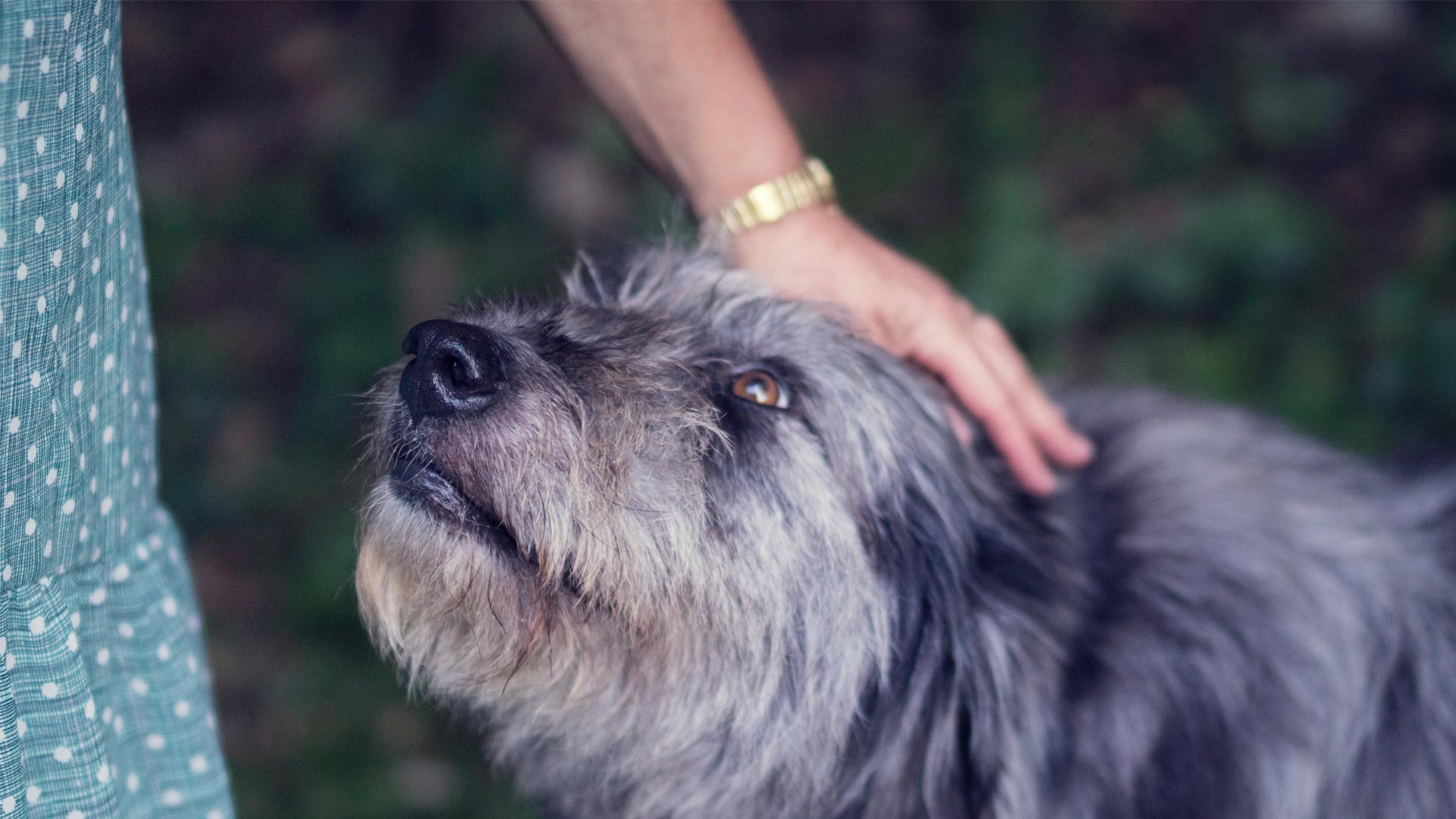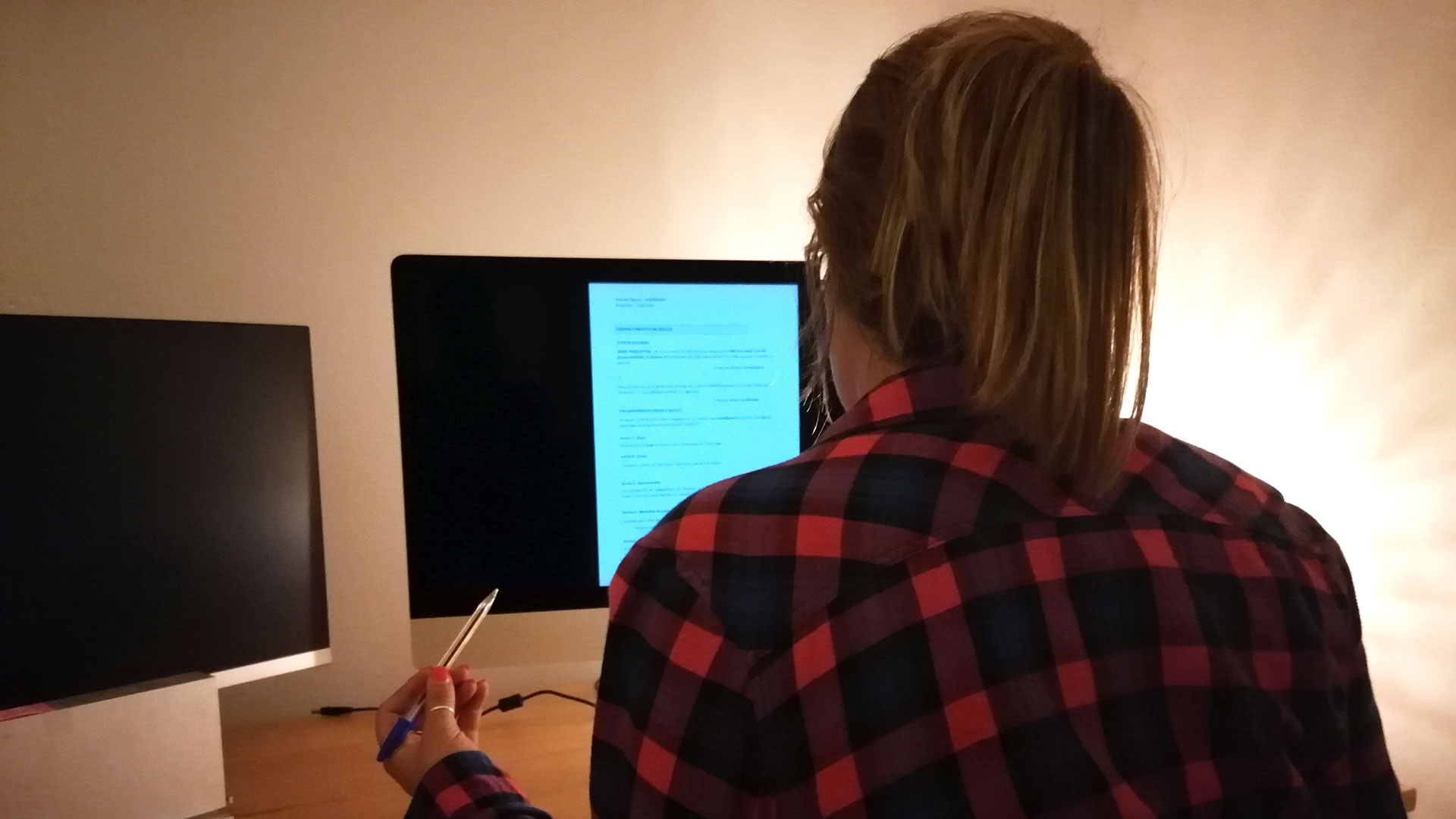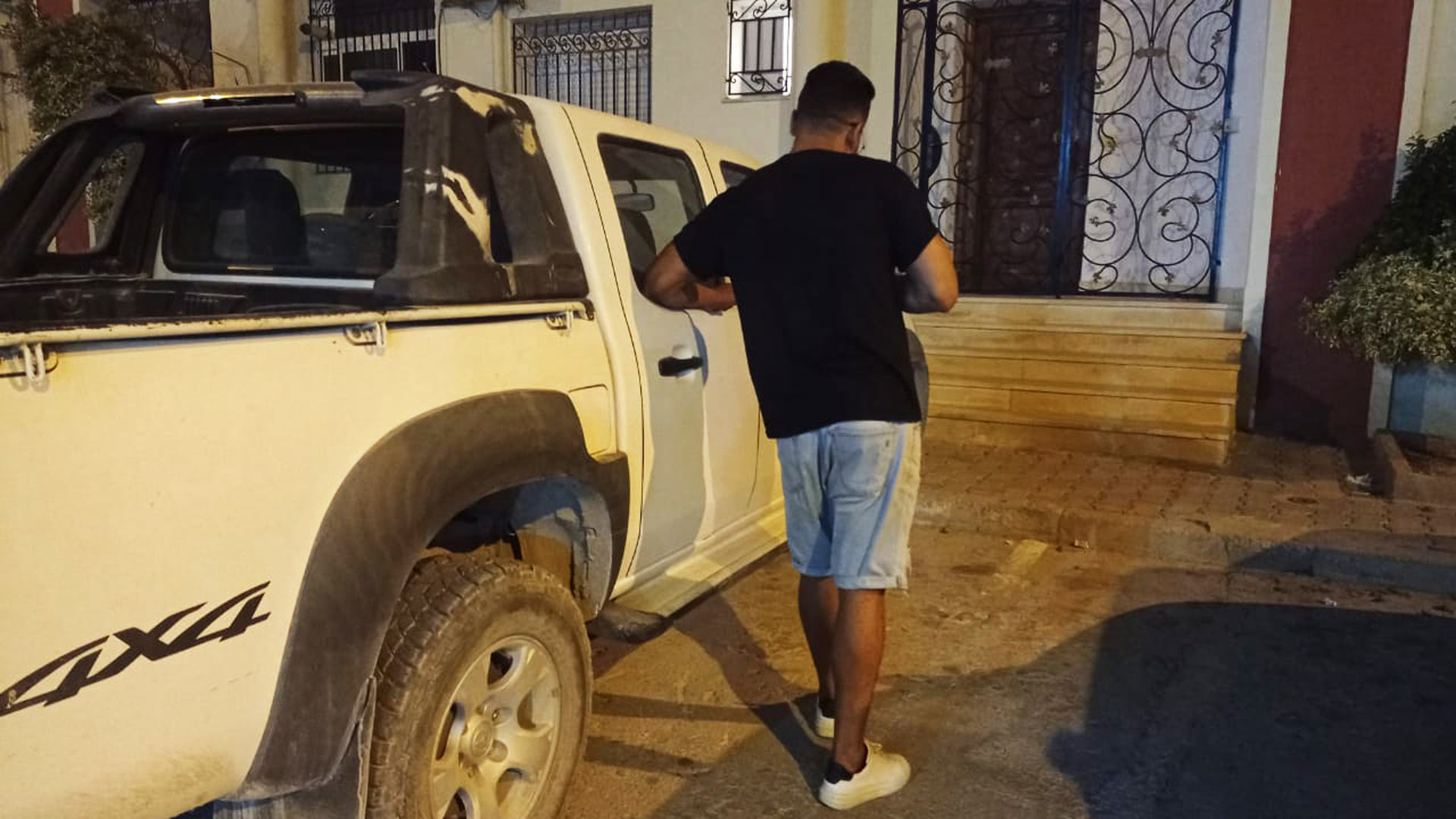On a daily basis, the job of a police officer is far from what Tahar imagined. " Many people dream of this job from childhood", he assures. But now, with difficult working conditions and financial issues, this 28-year-old man is done with his dreaming.
Tahar made his decision almost 10 years ago, following the revolution. In January 2011, the uprising led to Ben Ali fleeing the country, bringing a 23-year-long dictatorship to an end. The then 19-year-old was studying a completely different field, but in the shifting political context, he decided to apply to join the police force... because " there were big changes and benefits”, he reasons. He also figured that by becoming a policeman, he would be able to reach financial independence.
At the time, the young student was sitting for various oral, written and physical exams, and did very well. In 2014, he quit his studies and trained for six months to become a security officer. " Back then, the salary was about 600dt per month, then the government raised the salaries for work in the public sector", he says. In six years, his salary has almost doubled.
An overview of his monthly income and expenses:
At the moment his job mainly consists of “ patrolling”. " Each time, we go to different parts of Tunis", he explains. He works between seven and eight hours a day, either mornings between 7am and 2pm, afternoons between 2pm and10pm, or nights between 10pm and 6am. "Sometimes I work 10 or even 15 days in a row", he complains, because days off are rare. “ We are understaffed. I get very tired, and that is the most difficult part, for me mentally."
Every three months, a bonus of 50, 100 or 150dt is paid to police officials. They are evaluated in two ways. The first part takes into consideration things like attendance, tardiness, and ‘ sick days’. It is calculated automatically. The second part is determined by hierarchy, and it sanctions disrespecting rules of conduct such as not shaving your beard or showing up to work in a dirty uniform. Tahar's bonus fluctuates between 50 and 100dt " but most often it is 50dt", he complains.
Tahar lives with his parents, his brother and his sister in a house in Tunis. His parents are the owners, so he does not have to pay rent. Each month, he gives a hundred dinars to his mother as a contribution to household expenses. Living with his family exempts him from a lot of responsibilities. His mother and his sister take care of the grocery shopping, laundry and meal preparation.
Tahar spends almost 12dt on taxis per day in order to get directly to his workstation. He knows that he could reduce this expense if he wakes up early enough. If he did, he could take public transport, which the police benefit from for free. Theoretically, he could then go to a previously agreed upon meeting point with his colleagues, then join his post in the police vehicle, but this would of course take him longer.
When he is working, Tahar eats out. Between sandwiches and restaurants, he ends up spending 150dt per month. In his spare time, he goes out at least once a week with his friends and his cousin, and each time he spends about 50dt. His " addictions'' (tobacco and alcohol), cost him about 300dt per month.
In three years , the young policeman has already contracted two loans. " In 2018, I took a 12 000dt loan, and I still have 3500dt to pay back." He uses part of this loan to provide the family household with supplies, especially household appliances.
A detailed overview of his monthly income and expenses:
* The monthly bonus amount is approximate, and has been calculated from quarterly amounts.
Grey Area
In august 2020, he took another loan of 8000 dinars. Right before his summer vacation, Tahar feels the urge to relax outside of the city, but he is short on money and turns to his bank for help. “ Of course they accepted my request", he says. According to him, working in the public sector helps to obtain bank loans. The young policeman can also use a 1500dt authorised overdraft. " It helps me out a lot" he admits with a slightly embarrassed smile.
To further alleviate expenses, he can rely on the local grocer and greengrocer where he is able to purchase using a credit system when he does not have enough cash to pay for his pack of cigarettes or occasional groceries. " Each month, or month and a half, I pay them between 50 and 100dt", he explains.
On the other hand, his sports activities cost him next to nothing. Five years ago, he bought himself a bike for 400dt, and he uses it almost everyday to clear his mind. He also practices running.
"At the end of the month, I find myself with nothing."
When the topic of police corruption of financially struggling officers is brought up, Tahar denies it. " Impossible, it doesn't align with my values", he swears. To him, corruption is " theft". " Even if I don't have money, I don't steal'', he insists.
What about his colleagues? It is difficult for the young man to answer this question. After a few seconds of hesitation and reflection, he finally lets out: " Secrets and corruption exist in every job, and it equals 10 years of prison".
The young policeman assures that those who take money don't do it in front of uncorrupted police officers. A kind of “ omerta” culture prevails amongst the police ranks.
Tahar claims to be suffering from the image of the policeman supposedly earning a lot of money thanks to bribes. " Even the ones who do that don't necessarily live in the fancy neighborhoods." He then tries to justify the behavior of some of his colleagues, adding that " those who take money are those who have mothers, sick kids and a whole family to support..." And that they are " a minority".
Future
Despite his debts at the bank, Tahar is considering taking another loan. " I don’t have a car at the moment, I need to buy one", he says. " If I take another loan to buy a car, I would reduce my transportation expenses."
For now, this is his main plan for the future, and the idea of getting married and starting a family is not on his agenda. " I still have time", he says after bursting into laughter. Tahar would also like to limit other expenses, such as alcohol and tobacco, " addictions" that are weighing heavily on his budget.






